Main opposition party: Joint drills with Israel ‘dangerous development’ for Cyprus
Cyprus’s main opposition party has strongly condemned recent military exercises by Israel on the island nation, warning that a military partnership with Israel does not serve the interests and security of Cyprus.
The remarks by the main opposition party in Cyprus, AKEL, came after Israel carried out a recent military drill, called Chariots of Fire, on the island nation. The drill took place in coordination with the Cypriot National Guard, as well as the Israeli air force and several of its naval units.
In a statement on Saturday, AKEL called Israel’s military drills “a dangerous development for the country,” urging Cyprus “to avoid cooperation with a foreign army and a history of occupation, colonization, war crimes, and violation of international laws, all of which remind us of the Turkish occupation in the island.”
The statement added that a partnership between the Cypriot Army and National Guard and the Israeli military does not serve the interests and security of Cyprus.
The large-scale military exercise was kicked off on May 29 and concluded on June 2, and was carried out in several locations of the territory of the Republic of Cyprus by water, land and air.
The noise produced by the military exercises disturbed many and led to repeated complaints by locals in nearby towns.
The Israeli military had announced earlier that the joint drill with Cyprus was aimed at “improving the readiness of troops and their competence in operational missions” deep inside Lebanon.
Cypriot Ambassador to Lebanon Panayiotis Kyriacou claimed on Wednesday that the joint military exercise was not directed against Lebanon, but rather, it aims to train Cypriot border guards to defend the island.
Kyriacou made the remarks after being summoned by Lebanese Foreign Minister Abdallah Bou Habib, who asked for clarification about the joint military exercises.
However, despite the ambassador's denial, the official announcement by Tel Aviv specified that the exercise was aimed at testing the readiness of the occupation troops “for a variety of threats and scenarios on the battlefield.”
Israel waged two all-out wars against Lebanon — in 2000 and 2006 — but fell short of its military objectives in both cases in the face of strong resistance by Hezbollah and the Lebanese army.
Israel has already said it does not want war with Lebanon’s Hezbollah but is prepared to face about 2,000 rockets a day from the resistance group if conflict breaks out.
According to Tal Lev-Ram, the military correspondent for the Israeli Hebrew-language daily Maariv, in the event of war with Hezbollah, and with at least 1,500 missiles landing in Israel per day, 300 Israelis are likely to be killed in the first nine days of fighting.
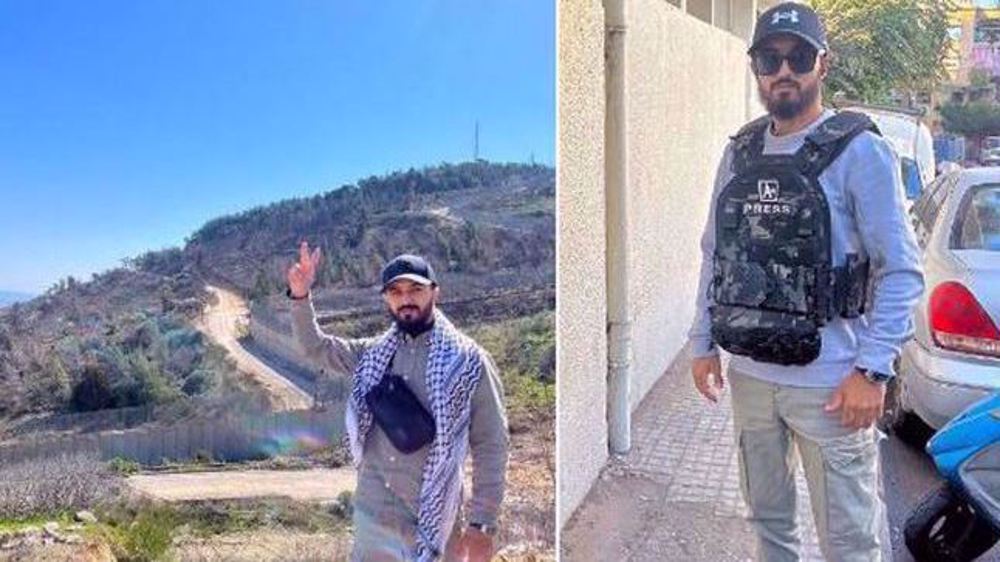
France detains Iranian journalist amid crackdown on pro-Palestinian voices
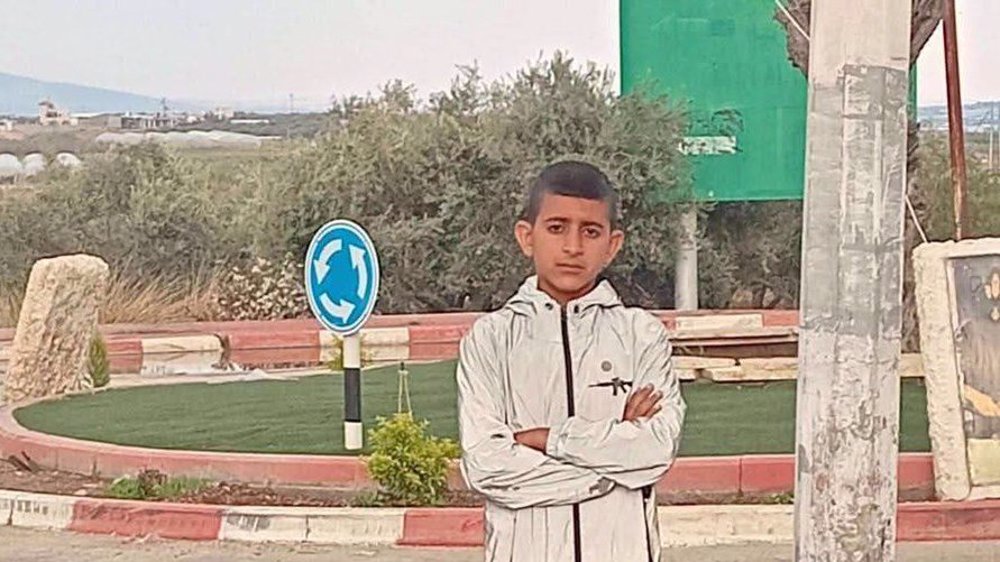
Israeli forces murder minor, critically injure young Palestinian during West Bank raids
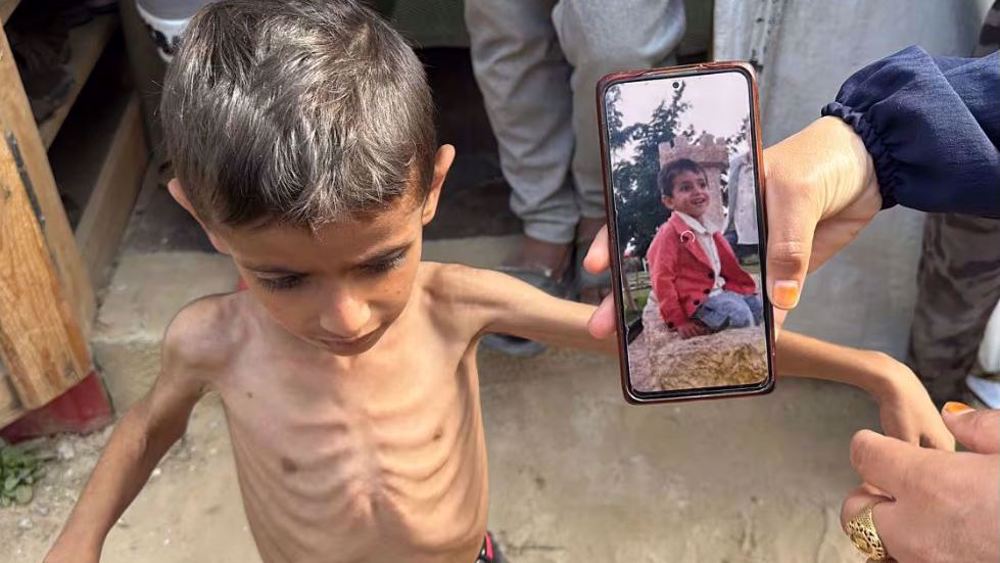
Tahrir Hospital director: Gaza children at most severe stage of malnutrition
VIDEO | Gaza’s dire conditions hit unprecedented levels
VIDEO | Press TV's news headlines
VIDEO | Pakistan’s business and cultural front unites for Gaza: Nationwide shutdown, boycott announced
US jets carry out more aggression against Yemen
Syrian militants enslaving Alawite women in Idlib governorate: Report
VIDEO | US pro-Palestinian campus protest
VIDEO | Palestinian civil defense rejects Israel’s probe and exposes the crime
India downgrades ties with Pakistan after deadly Kashmir attack


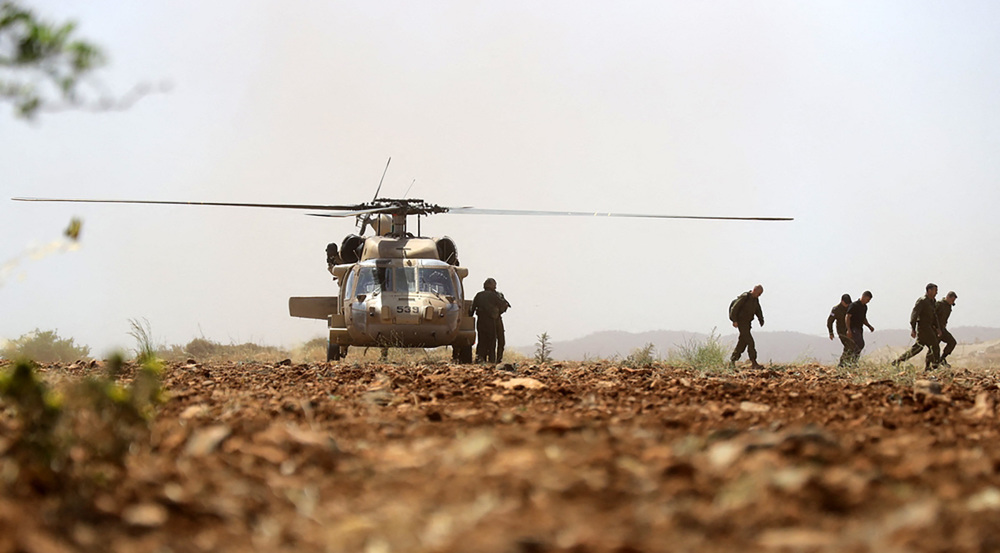
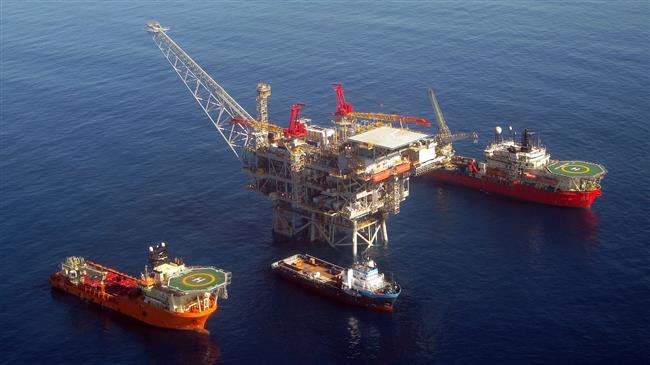




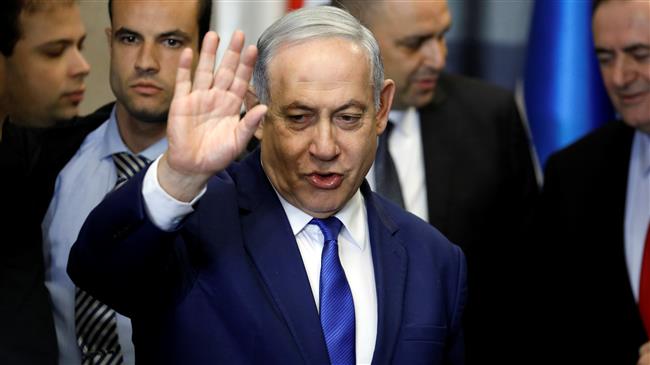

 This makes it easy to access the Press TV website
This makes it easy to access the Press TV website